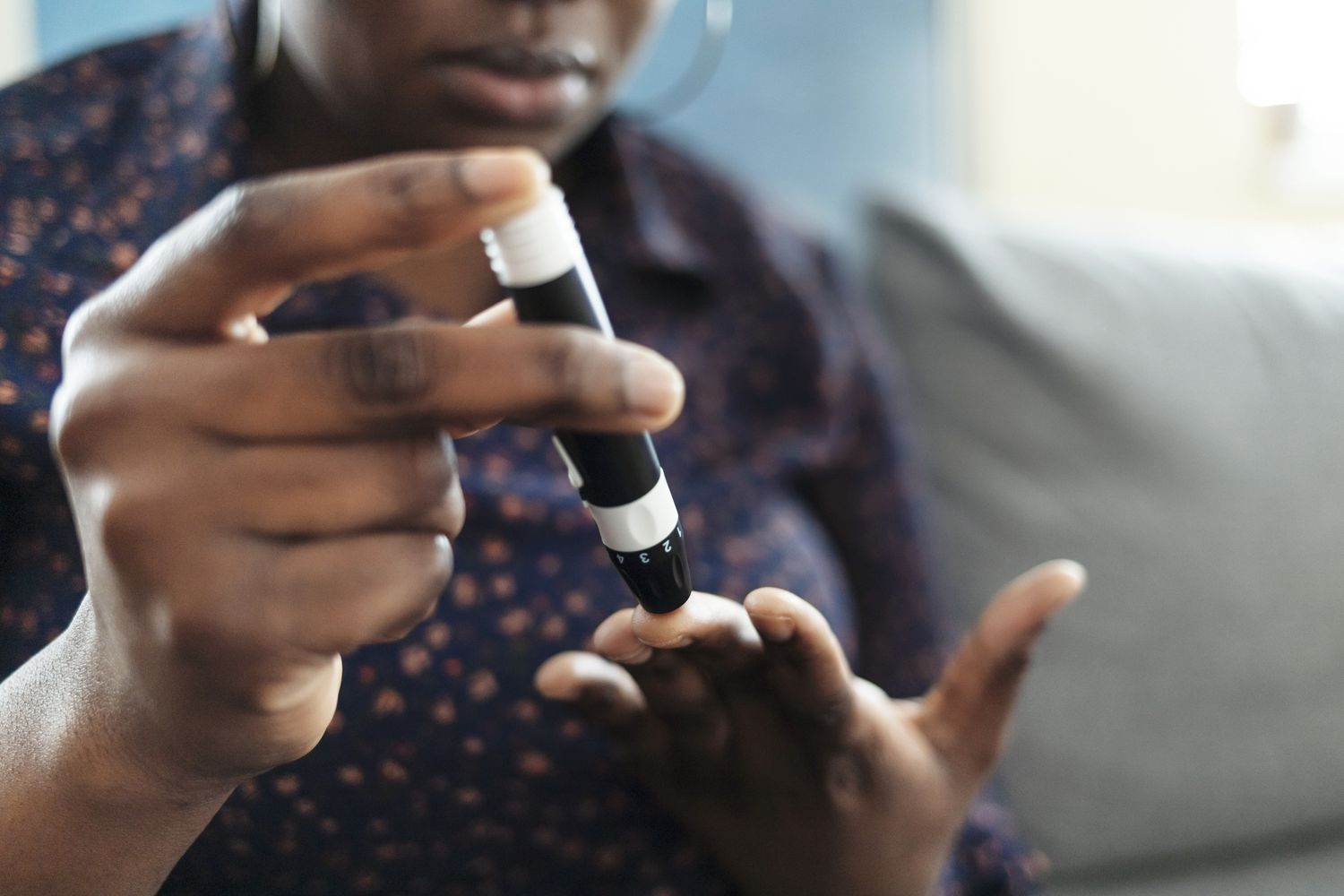By Sande E. Oundo
According to the World Health Organisation, diabetes is a chronic disease that occurs either when the pancreas does not produce enough insulin or when the body cannot effectively use the insulin it produces. Insulin is a hormone that regulates blood glucose. However, a fasting glucose range of 6.1-6.9 mmol/L is defined as prediabetes.
There are two main types of diabetes that is Type 1 diabetes characterized by the loss/ lack of beta cells (insulin-producing cells of the pancreas) leading to insulin deficiency in the body. This condition is often caused by the immune system attacking the body and is normally discovered at a young age, though can be discovered later. Type 2 diabetes is characterized by insulin resistance, which may be combined with relatively reduced insulin secretion. Appears in middle to late age, however these days found even in the young.
The global prevalence of diabetes has doubled from 4.7% in 1980 to 8.5% in 2021 among the adult population. In 2019, diabetes was the direct cause of 1.5 million deaths worldwide.
In Africa, there were 24 million people living with diabetes in 2021. This is projected to increase to 55 million by 2045 whereas according to the International Diabetes Foundation, in 2021, an estimated 716,000 adults in Uganda had diabetes. About 89% of Ugandans with diabetes are neither on medication nor aware of their status.
Diabetes is one of the leading causes of blindness, kidney failure, heart attack, stroke, and non-traumatic lower limb amputation in Uganda and 7th-leading cause of death globally.
Obesity (abnormal or excessive fat accumulation) is the main risk of diabetes due to Insulin resistance, which is the inability of cells to respond adequately to normal levels of insulin, occurs primarily within the muscles, liver, and fats. The fat cells deposit in the muscles and liver hence obstructing insulin from carrying it is function on those cells to absorb the glucose in the blood. The pancreas grows in size to produce more insulin to compensate for the insensitivity, however, fat cells start destroying the pancreas and reducing the secretion of insulin.
Leptin, the hormone for storing fat, also contributes to insulin resistance during ageing or during exposure to a high-fat diet whereby the body becomes resistant to leptin and fails to restrain food intake, leading to obesity and diabetes.
Diabetes happens in pregnancy because pregnancy hormones interfere with the action of insulin leading to resistance, henceforth leading to diabetes, especially in obese mothers resulting in some complications like being big, and malformations of the heart and nervous systems to the child.
It can be caused by alcohol-related pancreas damage and cancers of the pancreas and other glands of the body. Genetics have been linked with type 1 diabetes and to some extent type 2 diabetes especially early in youth.
People with type 1 diabetes, normally get diagnosed after presenting in a critical condition where they are gasping for air, thirsty, urinating a lot, abdominal pain and weakness a condition called diabetic ketoacidosis. Body organs like the brain have started using fat cells due to the lack of glucose since there is no insulin at all.
The impact of being diagnosed with diabetes are enormous ranging from high treatment burden, avoidance of certain foods, having to reliably depend on drugs/insulin and can as well lead to serious complications like amputation, kidney failure, hypoglycemia and death.
The core to management of diabetes is early screening for the body’s glucose levels, lifestyle modification to permanent need of insulin in Type 1 diabetes to medications in type 2 diabetes. Modern medicines have shown to help with varying degrees however they have side effects including weight gain, muscle pains and in the case of insulin a potentially fatal overdose.
However, lifestyle modification a change in the living pattern remains key in the event of having diabetes even alongside drugs. So in the event of high blood glucose levels or pre-diabetes here are the most actions your clinician will tell and as such why should one wait until the clinician’s orders. How about you embrace them from today and like now.
- Eating food with less carbohydrates, high proteins and a lot of fiber.
- Avoiding processed fatty foods.
- Avoiding sugary drinks like Soda and fruit juices.
- Drinking enough water.
- Walking at least 30 minutes a day.
- Sleeping on time and not eating food before going to bed.
- Managing stress through meditation.
- Avoiding taking a lot of alcohol and smoking.
- Taking your medication especially insulin if type 1 diabetes as instructed.
- If affordable, acquire a continuous glucose monitor device.
- Visiting a hospital for a body checkup and establishing baseline findings
Diabetes is a silent killer that remains asymptomatic at early stages and can go undetected until presented with a vascular event therefore, to reduce the prevalence of diabetes in the next 10 or so years, now and actually, today is the right time to embrace positive lifestyle and behavior that will not cast you under the wreck of diabetes to attaining a meaningful, long and productive life.
Sande Elison Oundo, is the President of Vigilant Living, A counselling and coaching company.
Do you have a story or an opinion to share? Email us on: dailyexpressug@gmail.com Or join the Daily Express WhatsApp channel for all the latest news and trends or join the Telegram Channel for the latest updates.


